MAKING OF NEW RURALSCAPE
SESSION VIDEO
SESSION OUTLINE
The sad images of a mass exodus of migrant labourers from their respective work locations back to their natives presented a grim reality of the lack of social security for millions of rural population engaged in manufacturing and agriculture away from their native states. Due to the stark economic inequities exposed by the Covid-19 in the last year and a half, the present livelihood options at the rural level were felt wanting. The panel discussed the need to scale and expedite livelihood programs to bring around transformational impact at the village, block and district levels to avoid scenes of miseries associated with migration.
The session also discussed the need to shift the ownership of economic models to the Grassroot level organizations from the current top-down approach to make the communities more accountable and a key stakeholder in the planning, visioning, and execution process. The discussions were also on to understand the active role of Civil Society, Policymakers and Private players in a new scenario of community-led development.
The panel was unanimous in the need to empower the frontline to bring in drastic transformations. One of the critical issues was the infusion of capital through Public or Private Investments to bring about a sea change in the development of the rural economy.
PANEL
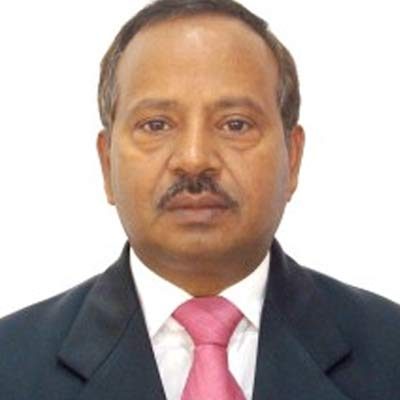
N N Sinha
Secretary, Ministry of Rural Development
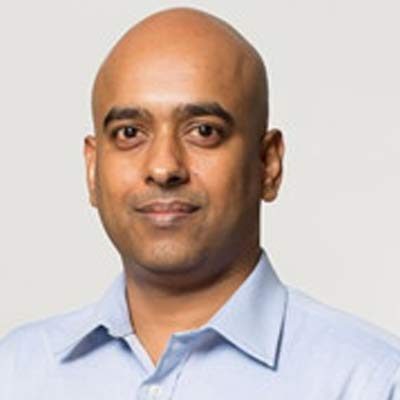
Hari Menon
Country Director, Gates Foundation
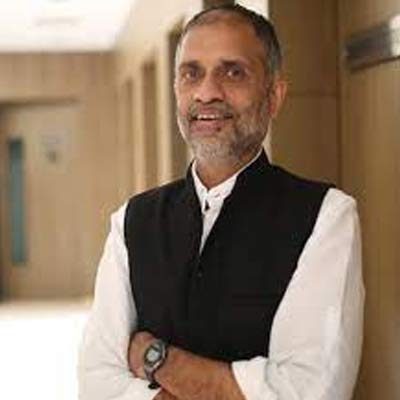
Anurag Behar
CEO, Azim Premji Foundation
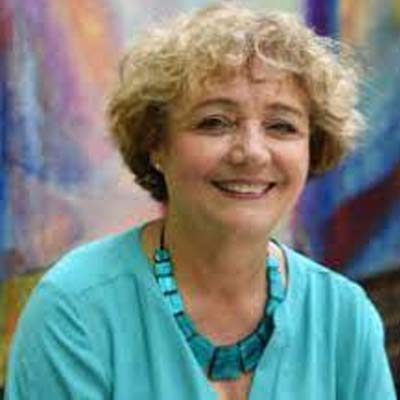
Isabel Guerrero
Co Founder, IMAGO Professor at Harvard
SESSION TAKEAWAYS
FOCUS ON DECENTRALISED MANUFACTURING
The government programs like Rural Electrification program, PMGSY, Har Ghar Nal Yojana have ensured that essential infrastructure services are supported at the rural level. But as these programs are near saturation, there is a need to focus on decentralised manufacturing at the rural level to build capacities to be new drivers of growth and create job opportunities at the Grassroots.
THE 3 FUNDAMENTALS
There is a need to bolster the three fundamentals of Education, Health and Livelihoods with a clear, defined long term roadmap. This requires reining in Public Investment in the three fundamental sectors, supporting the Frontline to make the changes more impactful and meaningful. Civil society has to play a supporting role by being vanguards and providing the right resources for empowering the frontline and best utilisation of investments.
DEVOLUTION OF POWER
There needs to be devolution of power as it exists today. This would enable the Grassroot decision-making and help the communities be the change agents in their villages. This will make them drivers of change they want to see at the local level instead of being a part of an economic model that is forced upon them in a top-down approach. This would ensure more ownership of the livelihood projects and bring accountability at the grassroots level.
"Structure of the asset holding in rural areas is very uneven which doesn’t leave many people with many options to stay in rural areas particularly for small and marginal landholdings and landless labors."
- NN SINHA
"We always talk about Scalable Models. But what really needs to scale is the Impact and Transformation. And For that we have to take risk to enable communities to vision and plan their development models."
- HARI MENON
"While we are experimenting with a Comprehensive Economic Model for the country, we need to have basic social security. We already have a fabulous social security scheme in MNREGA but need to fund it more, manage it better and bring something similar for urban areas."
- ANURAG BEHAR